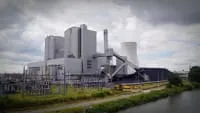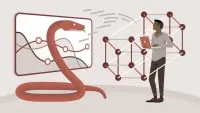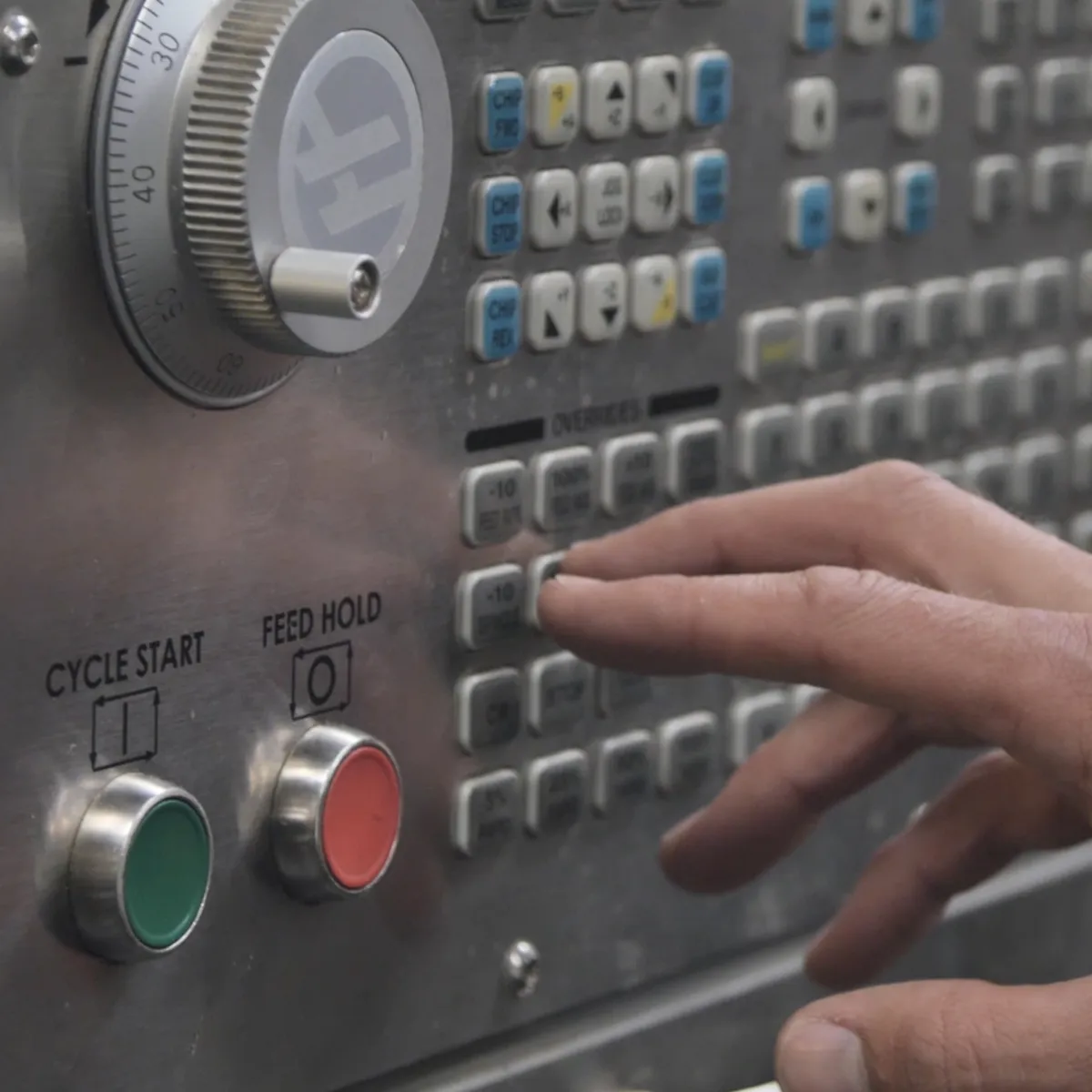
Energy Engineering 
Energy engineering is a field of study focused on the efficient and effective use of energy in power plants. It involves the design, construction, and operation of systems to generate and distribute energy. ▼
ADVERTISEMENT
Course Feature
![]() Cost:
Cost:
Free
![]() Provider:
Provider:
Udemy
![]() Certificate:
Certificate:
No Information
![]() Language:
Language:
English
Course Overview
❗The content presented here is sourced directly from Udemy platform. For comprehensive course details, including enrollment information, simply click on the 'Go to class' link on our website.
Updated in [March 06th, 2023]
1. Understanding the Power Generation Scenario: Learners can gain an understanding of the power generation scenario, including thermal power plant components, improved Rankin cycle, and cogeneration cycle. They can also learn about the environmental impacts of a thermal power plant and methods to reduce various pollution.
2. Learning about Hydroelectric Power Plants: Learners can gain an understanding of the layout, component details of a hydroelectric power plant, hydrology and elements, and nuclear power plant types.
3. Understanding Diesel Power Plants: Learners can gain an understanding of the components; layout of a diesel power plant, components; various cycles; and methods to improve the thermal efficiency of a gas power plant.
4. Investigating Unconventional Energy Sources: Learners can investigate the operation and construction of power generation from unconventional energy sources.
5. Learning about Power Plant Instrumentation and Economics: Learners can learn about power plant instrumentation and the fundamentals of power generation economics.
[Applications]
The application of this course in Energy Engineering can be seen in the development of new power plants, the optimization of existing power plants, and the implementation of renewable energy sources. Students can use the knowledge gained from this course to design and analyze power plants, understand the environmental impacts of power plants, and develop strategies to reduce pollution. Additionally, students can use the knowledge gained from this course to understand the economics of power generation and the instrumentation of power plants.
[Career Paths]
[Title]Renewable Energy Engineering
[Description]To understand the fundamentals of renewable energy sources, such as solar, wind, geothermal, and biomass.
To investigate the design, construction, and operation of renewable energy systems, such as solar photovoltaic, wind turbines, and geothermal systems.
To comprehend the principles of energy storage, energy efficiency, and energy conservation.
To learn about the environmental impacts of renewable energy systems and methods to reduce them.
To investigate the economic aspects of renewable energy systems and the potential for their integration into the existing energy infrastructure.
[Title]Energy Management
[Description]To understand the fundamentals of energy management, such as energy efficiency, energy conservation, and energy auditing.
To investigate the design, implementation, and evaluation of energy management systems, such as energy efficiency programs, energy conservation measures, and energy auditing.
To comprehend the principles of energy economics, energy policy, and energy markets.
To learn about the environmental impacts of energy management systems and methods to reduce them.
To investigate the potential for energy management systems to reduce energy costs and improve energy efficiency.
[Title]Smart Grid Technology
[Description]To understand the fundamentals of smart grid technology, such as distributed energy resources, energy storage, and demand response.
To investigate the design, implementation, and evaluation of smart grid systems, such as distributed energy resources, energy storage, and demand response.
To comprehend the principles of energy economics, energy policy, and energy markets.
To learn about the environmental impacts of smart grid systems and methods to reduce them.
To investigate the potential for smart grid systems to reduce energy costs and improve energy efficiency.
[Education Paths]
[Degree Path 1] Bachelor of Science in Energy Engineering: This degree program focuses on the fundamentals of energy engineering, including energy production, energy conservation, and energy management. Students will learn about the principles of energy production, energy conservation, and energy management, as well as the design and operation of energy systems. The degree program also covers topics such as energy economics, energy policy, and energy law.
[Degree Path 2] Master of Science in Energy Engineering: This degree program focuses on advanced topics in energy engineering, such as energy storage, renewable energy, and energy efficiency. Students will learn about the principles of energy storage, renewable energy, and energy efficiency, as well as the design and operation of energy systems. The degree program also covers topics such as energy economics, energy policy, and energy law.
[Degree Path 3] Doctor of Philosophy in Energy Engineering: This degree program focuses on research in energy engineering, such as energy storage, renewable energy, and energy efficiency. Students will learn about the principles of energy storage, renewable energy, and energy efficiency, as well as the design and operation of energy systems. The degree program also covers topics such as energy economics, energy policy, and energy law.
[Degree Path 4] Master of Business Administration in Energy Management: This degree program focuses on the business aspects of energy management, such as energy economics, energy policy, and energy law. Students will learn about the principles of energy economics, energy policy, and energy law, as well as the design and operation of energy systems. The degree program also covers topics such as energy storage, renewable energy, and energy efficiency.
Course Syllabus
Introduction of the course Energy Engineering Promotional Video and file
Introduction to thermal power plant
Rankine Cycle
Pros & Cons

Practical experience with optimum lectures

Nice combination of theory and practical experience

Detailed explanation of each topic

Thoroughly explained

No mention of exam difficulty

No mention of course workload

No mention of instructor availability

No mention of course resources
Course Provider

Provider Udemy's Stats at AZClass
Discussion and Reviews
0.0 (Based on 0 reviews)
Explore Similar Online Courses

Machine Learning with Python: Foundations

An Introduction to Asset-Backed Securities

Python for Informatics: Exploring Information

Social Network Analysis

Introduction to Systematic Review and Meta-Analysis

The Analytics Edge

DCO042 - Python For Informatics

Causal Diagrams: Draw Your Assumptions Before Your Conclusions

Whole genome sequencing of bacterial genomes - tools and applications

Cyber Security in Manufacturing

Creating Toolpaths for a CNC Lathe

Introduction to Solid Edge
 Related Categories
Related Categories
 Popular Providers
Popular Providers
 Popular Searches
Popular Searches
Quiz
 Submitted Sucessfully
Submitted Sucessfully
1. What is the main purpose of this course?
2. What is the environmental impact of a thermal power plant?
3. What is the main focus of this course?
4. What is the main purpose of a thermal power plant?
Correct Answer: To generate electricity.


Start your review of Energy Engineering